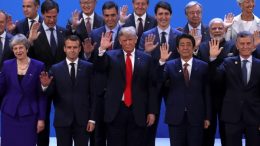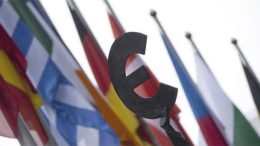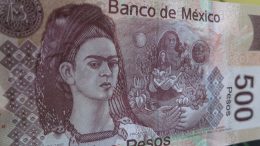The Germans, Conviction Savers
One of the candidates to replace Merkel proposed fiscally incentivising investment in stocks, as a complement to the public pension. The idea got little support in a country with a savings rate of 10% but an enormous aversion to risk, where variable income seems reserved for the highest income.










